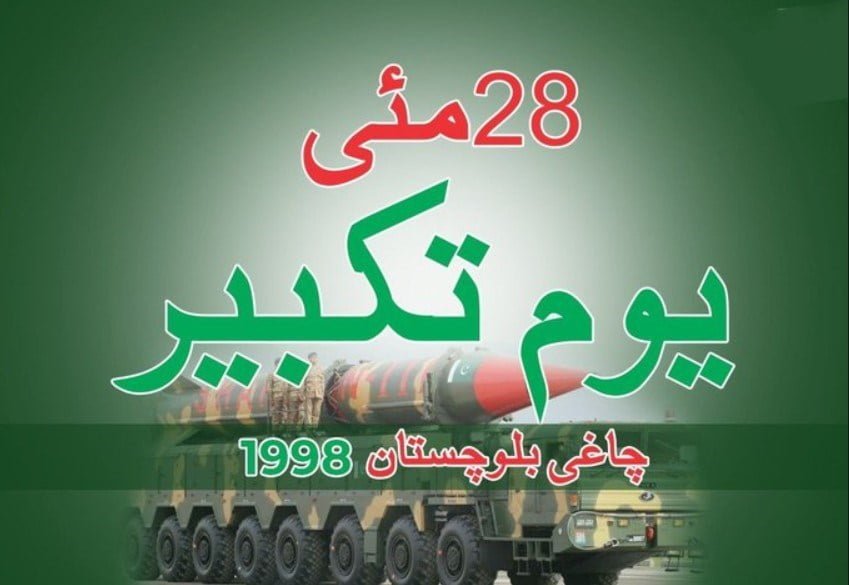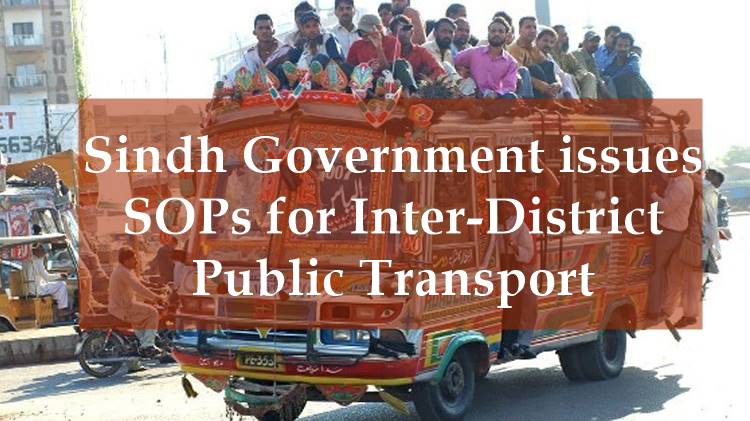Syrian rebels led by al-Qaida-linked fighters seized control of a predominantly Christian village northeast of Damascus, sweeping into the mountainside sanctuary in heavy fighting overnight and forcing hundreds of residents to flee, activists and locals said .
The battle over Maaloula, an ancient village that is home to two of the oldest surviving monasteries in Syria, has thrown a spotlight on the deep-seated fears that many of Syria’s religious minorities harbor about the growing role of Islamic extremists on the rebel side in the civil war against President Bashar Assad’s regime.
The prominence of al-Qaida-linked fighters has factored into the reluctance of Western powers to provide direct military support to the rebels. It has also figured in the debate underway in the U.S. Congress over whether to launch military strikes against Syria in retaliation for an alleged chemical weapons attack last month.
After days of clashes in and around Maaloula, rebels captured the village following fierce fighting late Saturday, according to the Britain-based Syrian Observatory for Human Rights, a monitoring group. Observatory director Rami Abdul-Rahman said the assault was led by Jabhat al-Nusra, an al-Qaida-affiliated group, as well as by the Qalamon Liberation Front.
He said around 1,500 rebels were inside Maaloula, while the army had the village surrounded. Syria’s state news agency provided a dramatically different account of the battle, saying the military reported “progress” in its offensive in Maaloula.
“The army continued its military operation against terrorist elements in Maaloula village and its vicinity, inflicting a heavy casualty in the ranks of the terrorists, including their leaders,” the news agency said.
State-run TV reported that all churches in Maaloula were now safe and the army was chasing gunmen in the western hills. But residents of Maaloula reached by telephone described fierce battles in the streets that forced them and other locals to flee as opposition fighters flooded the village.
One resident said the rebels — many of them wearing beards and shouting, “God is great!” — attacked Christian homes and churches shortly after seizing the village. “They shot and killed people. I heard gunshots and then I saw three bodies lying in the middle of a street in the old quarters of the village,” the resident said by telephone. “So many people fled the village for safety.”
Now, he said, Maaloula “is a ghost town.” “Where is President Obama to see what befallen on us?” asked the man, who fled the village on Sunday. He declined to give his name out of fear for his safety.
Another resident who escaped earlier in the day said Assad’s forces were deployed on the outskirts of the village, while gunmen inside refused to allow anybody in. He said that one of the churches, called Demyanos, had been torched and that gunmen stormed into two other churches and robbed them.
A third resident reached by phone said he saw militants forcing some Christian residents to convert to Islam. “I saw the militants grabbing five villagers Wednesday and threatening them: ‘Either you convert to Islam or you will be beheaded,'” he said.
The two other residents said they heard rumors about such conversions but did not see them. The reports could not be independently verified. All three residents spoke on condition of anonymity out of fear of retaliation.
Situated about 40 miles (60 kilometers) northeast of Damascus, Maaloula had been firmly under the regime’s grip despite sitting in the middle of rebel-held territory east and north of the capital. The village was a major tourist attraction before the civil war. Some of its residents still speak a version of Aramaic, the language of biblical times believed to have been used by Jesus.
The attack highlights fears among Syrian Christians that the alternative to Assad’s regime — which is made up mostly of Alawites, followers of an offshoot of Shiite Islam — would not tolerate minority religions.
Such concerns have helped Assad retain the support of large chunks of Syria’s minority communities, including Christians, Alawites, Druze and ethnic Kurds. Most of the rebels and their supporters are Sunni Muslims.










